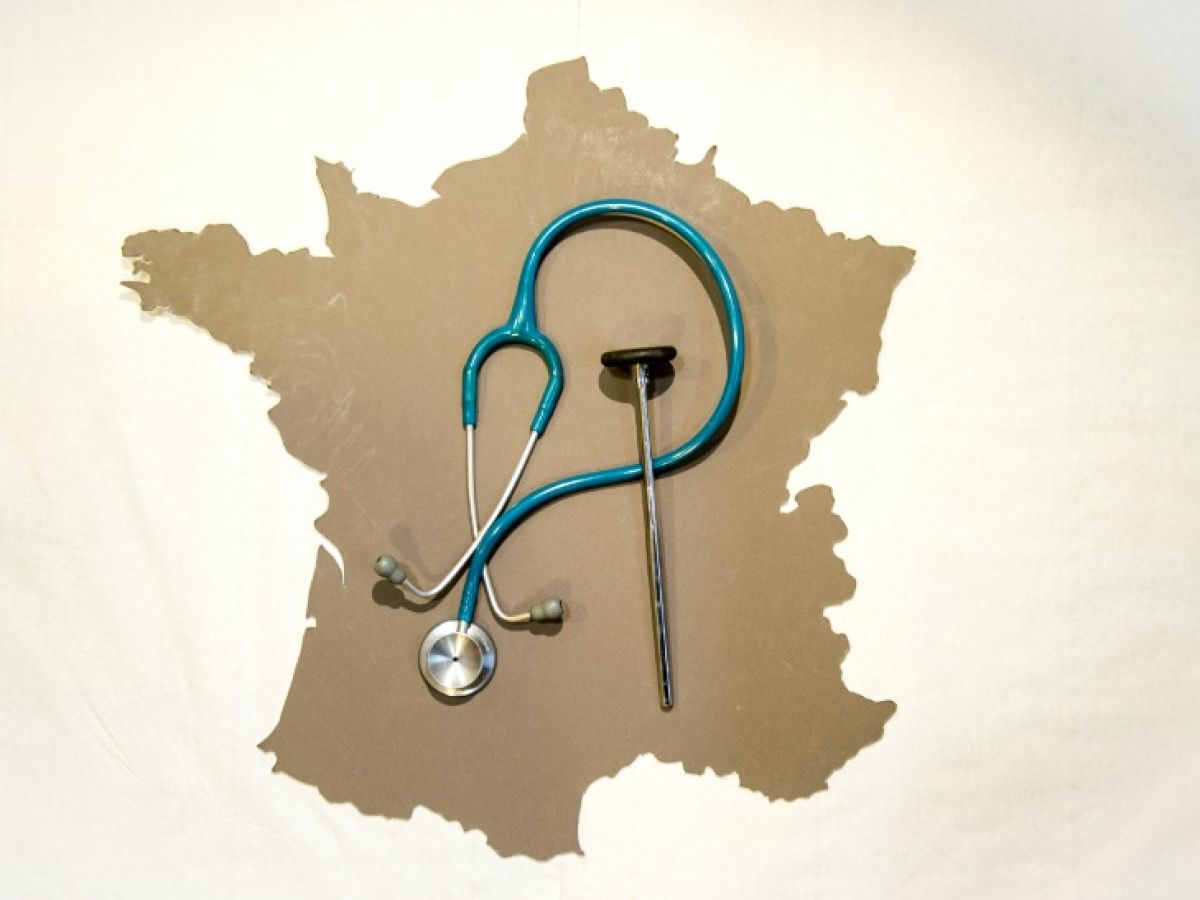“Health videos circulating on social media attract millions of views. But how many of them are based on sound scientific evidence?”, asked the president of the Cnom, François Arnault, during a press conference. With this charter – broken down into ten principles – the Order aims to “to promote medical information that is both rigorous and accessible and to protect public health.”
By signing it, the professional undertakes, for example, to produce popularized educational, medical and scientific content on social networks, and not to promote "of any practice or therapy not scientifically validated."
“Action had to be taken.”
Faced with sometimes “self-proclaimed” professionals who use networks to promote “alternative medicines”, "action had to be taken", insists Claire Siret, doctor of general medicine. Among the founding principles: not giving personalized medical advice, not promoting one's own activity, not using paid means to better reference one's content...
For Nawale Hadouiri, @Dr_Nawell2.0 on the platforms who participated in the creation of the charter, it will also allow "to answer the doubts of doctors who would like to launch on social networks." According to the Cnom, it is about “establish a non-binding ethical and professional framework”, for the attention of the several dozen doctors who host channels on the networks.
Read also“Alarming” increase in violence against doctors in 2023, according to the Order
In partnership with YouTube
This charter was also developed in partnership with YouTube, which has been seeking to better combat medical misinformation since the Covid-19 pandemic.
After establishing a partnership with hospitals and a label for "reliable health videos," which professionals can already benefit from, YouTube wants to "address the new generation of doctors who leave their offices and use networks as a direct communication channel," said Justice Ryst, the platform's general manager for France.
In response to professionals who fear being "restricted," Arthur Lefort, a doctor of general medicine who participated in the development of the text, maintains that the idea "is not to restrict" but "to give credibility to the words of doctors in the face of influencers."
